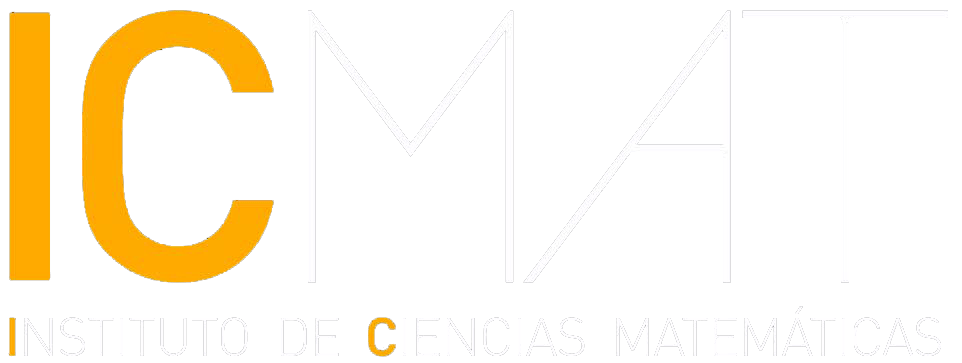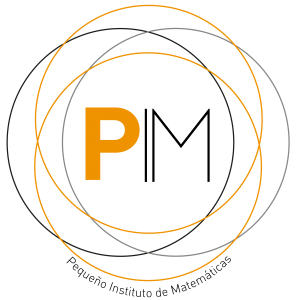Authors: Adrián Manuel González-Pérez, Marius Junge and Javier Parcet (ICMAT-CSIC)
Source: Memoirs of the American Mathematical Society vol. 272 no. 1334
Date of publication: July 2021
Review:
In the work reported here, the core of singular integral theory and pseudo-differential calculus are established on the model algebras for noncommutative geometry: quantum forms of tori and Euclidean spaces. The latter –also known as Moyal deformations in theoretical physics or CCR algebras in quantum probability– include the Heisenberg-Weyl algebra determined by the position and the momentum in quantum mechanics. These results on pseudo-differential operators go beyond the work of Connes, thanks to a new form of the Calderón-Zygmund theory in these algebras, which the authors develop in the same work and which crucially includes general kerrnels which are not of convolution type. This enables them to deduce boundedness and p-Sobolev estimates for regular, exotic and forbidden symbols in the expected ranges. In L2, they also generalize the Bourdaud and Calderón-Vaillancourt theorems for exotic and forbidden symbols. All the foregoing establishes the quantum forms of the most famous results of pseudo-differential operator theory. As an application of our methods, the researchers prove the Lp regularity of solutions to the first elliptic PDEs in von Neumann algebras.
Finally, it is worth pointing out that noncommutative Calderón-Zygmund theory has precedents in the work of the authors with interesting connections in geometric group theory and Lipschitz operator functions. However, unlike in the previous results, this is the first model that works in purely noncommutative algebras; that is, algebras that contain no copies of doubling metric spaces in the form of tensor products or crossed products. Recently, some of the authors have developed an algebraic form of Calderón-Zygmund theory that is valid in general von Neumann algebras equipped with a Markov process that satisfies strictly algebraic conditions.


